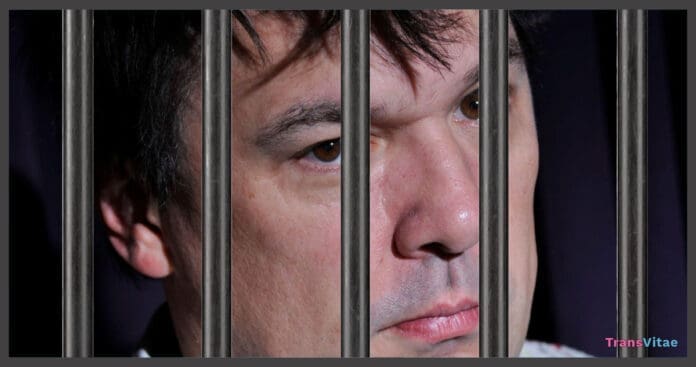On September 1, 2025, Graham Linehan, a British television writer with a long history of anti-trans activism, was arrested by Metropolitan Police at London’s Heathrow Airport. Officers detained him upon arrival from Arizona in connection with several posts on Twitter that allegedly incited violence toward transgender people.
Linehan wrote on his Substack that five armed officers escorted him through the airport before he was questioned. A nurse reportedly determined his blood pressure had reached a dangerous level, leading to his transfer to a hospital. He spent several hours under medical supervision before being released on bail. As part of the bail conditions, he is prohibited from posting on Twitter.
Reports link the arrest to three posts. In one, Linehan suggested that a “trans-identified male” entering a women’s space should be confronted with violence, writing, “call the cops… punch him in the balls.” Another mocked a photo of a trans-rights demonstration with the caption, “a photo you can smell.” A third post read: “I hate them. Misogynists and homophobes. F*** em.”
The case has fueled heated debate in the United Kingdom. Public figures, including J.K. Rowling and Elon Musk, condemned the arrest, framing it as an attack on free speech. Prime Minister Keir Starmer urged police to focus on “serious crimes,” though others emphasized that speech encouraging violence cannot be ignored when it targets marginalized communities.
Unlike the United States, the United Kingdom does not have a First Amendment that provides sweeping constitutional protection for speech. British law allows restrictions on expression when it is deemed threatening, abusive, or inciting violence. This distinction helps explain why comments that might remain legally protected in the U.S. can result in criminal charges in the U.K.
Linehan has become known less for his past television work than for his vocal hostility toward transgender people. Over the past decade, he has repeatedly used his platform to oppose trans rights, earning a reputation for harassment and inflammatory rhetoric. He has previously faced legal action connected to confrontations with trans activists, adding to a pattern that critics describe as bigoted behavior rather than legitimate debate.
For transgender individuals, incidents like this underscore the real-world consequences of persistent online hostility. Remarks framed as humor or opinion often create a climate of fear and vulnerability, especially when they contain suggestions of physical harm.
The Linehan case reflects a broader tension: how to balance freedom of expression with the need to protect marginalized groups. While some see the arrest as a worrying precedent, others argue that accountability is necessary when public figures promote violence.
As legal proceedings continue, the case highlights not only Linehan’s entrenched record of hostility toward trans people but also the very different ways nations handle the boundaries of speech.


